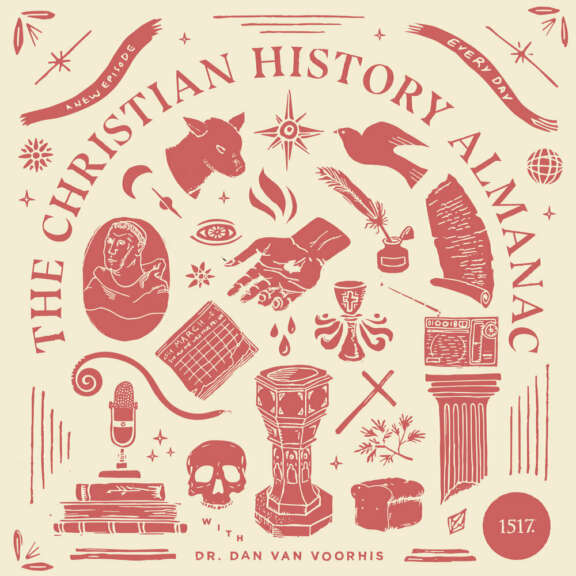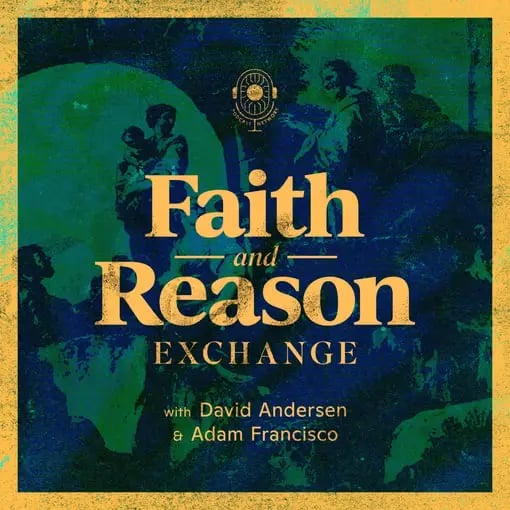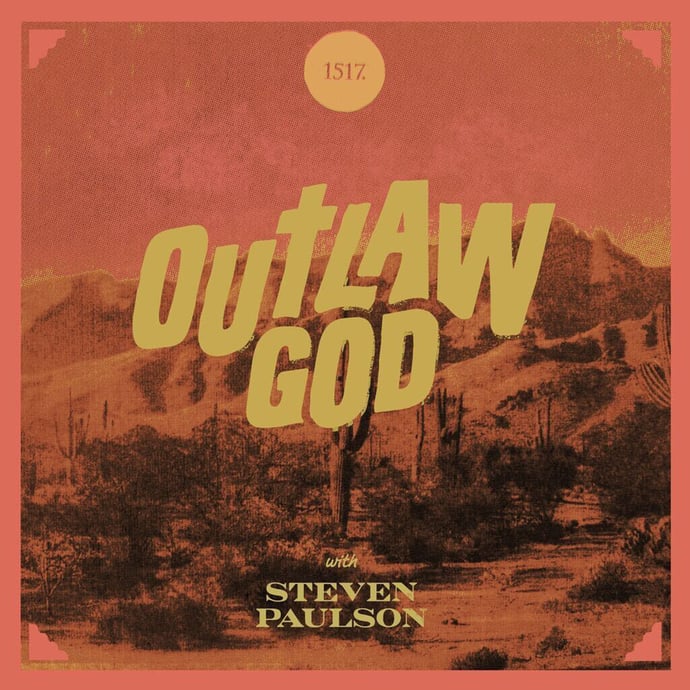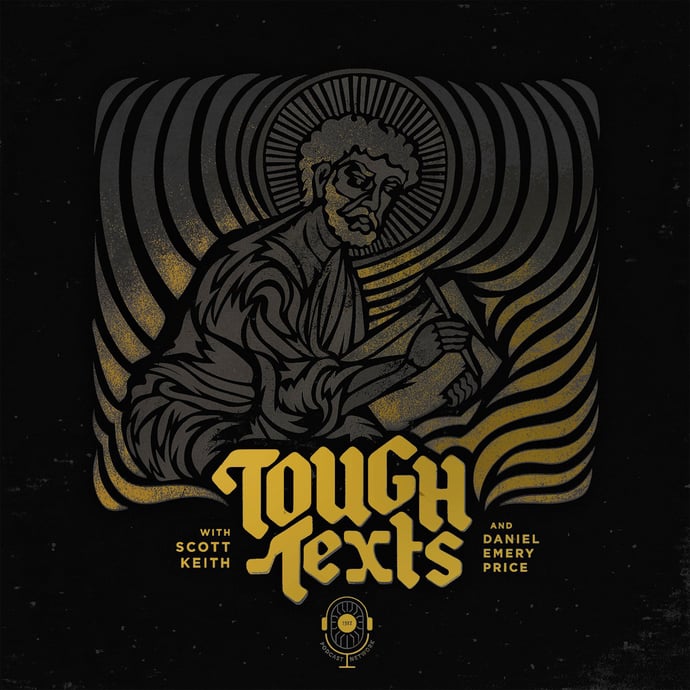Craig and Troy return to the little book of Jude, where Jude reminds us of God's authority, ability to judge absolutely.
Podcasts
Each 1517 Podcast is dedicated to delivering Christ-centered content through weekly, monthly, and seasonal audio platforms. Listen online or on your favorite podcasting app.
Author
- All Authors
- Aaron Zimmerman
- Adam Francisco
- Amy Mantravadi
- Blake Flattley
- Bob Hiller
- Bradley Gray
- Brian W. Thomas
- Bror Erickson
- Bruce Hillman
- Caleb Keith
- Chad Bird
- Chris Rosebrough
- Christopher Gillespie
- Cindy Koch
- Craig Donofrio
- Dan van Voorhis
- Daniel Deen
- Daniel Emery Price
- Darrin Sheek
- David Andersen
- David Rufner
- David Zahl
- Debi Winrich
- Delwyn Campbell
- Donavon Riley
- Doug Klembara
- Edward Killian
- Elyse Fitzpatrick
- Erick Sorensen
- Flame
- Grant Klembara
- Gretchen Ronnevik
- Haroldo Camacho
- Jacob Smith
- Jared C. Wilson
- Jeff Mallinson
- Jeffrey Pulse
- Jessica Thompson
- Jim Nestingen
- Joel Fitzpatrick
- Joel Hess
- John Andrew Schreiner
- John Bombaro
- John T. Pless
- John W. Hoyum
- John Warwick Montgomery
- Katie Koplin
- Kelsi Klembara
- Ken Sundet Jones
- Luke Kjolhaug
- Magnus Persson
- Mark Mattes
- Matt Popovits
- Michael Berg
- Michael Horton
- Nick Lannon
- Paul Koch
- Peter Nafzger
- Philip Bartelt
- Raleigh Sadler
- RJ Grunewald
- Robert Kolb
- Rod Rosenbladt
- Ron Hodel
- Sam Leanza Ortiz
- Sarah Condon
- Sarah Crowder
- Scott Davis
- Scott Keith
- Steven Paulson
- Tanner Olson
- Troy Neujahr
- Uwe Siemon-Netto
- Wade Johnston
- William Cwirla
-
Reach for The Sky. This episode discusses the Augsburg Confession, the Church, and what makes a good fanatic. We dig into the Church's language, symbolism, meaning, and rites today. How can we best use narrative theology to catechize? Did Jesus have to die for your traditions and worship? Is there anyone in heaven that hasn’t fallen into sin? This and much more today on the show!
-
This is a recording of the live Outside Ourselves interview with Flame at this year's HWSS conference.
-
Weekend Edition for November 9-10, 2024
-
Craig and Dr. Steven Hein sit down at the 2024 Here We Still Stand Conference in San Diego for yet another discussion on Men in the Church.
-
After a bit of a hiatus, Gretchen Ronnevik and Katie Koplin sit down and catchn up.
-
Weekend Edition for November 2-3, 2024
-
Some reflections on Christianity and political order as well as Christians and politics days before the 2024 US elections.
-
This week, Kelsi finishes her two-part conversation with Bruce Hillman and Adam Francisco with a look at Martin Luther's Two Kingdoms Doctrine, and especially the lefthanded or earthly realm.
-
Saul's pride begins to unravel him. Hard to imagine that are biggest enemy is often our own fearful heart.
-
This episode of the Outlaw God podcast was recorded live at Here We Still Stand 2024.
-
In this episode of Tough Texts, Scott Keith and Daniel Emery Price explore the complexities of faith as illustrated in Matthew 16:21-23.








